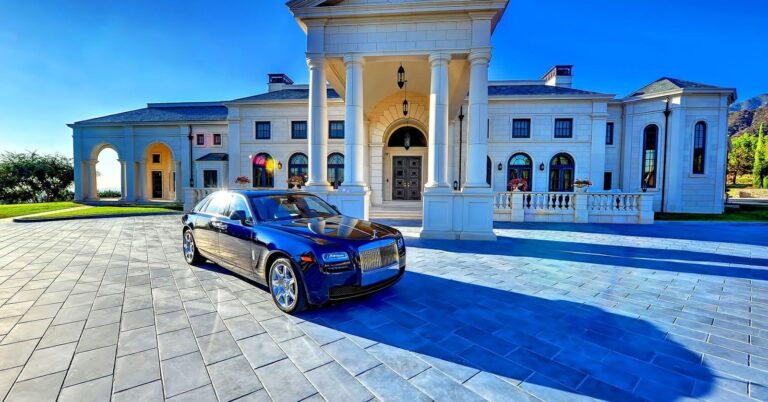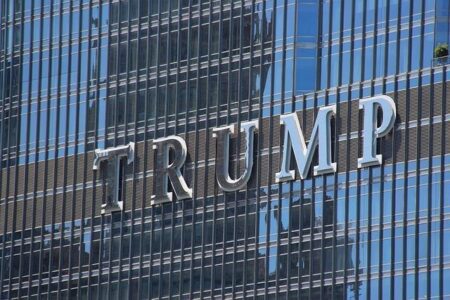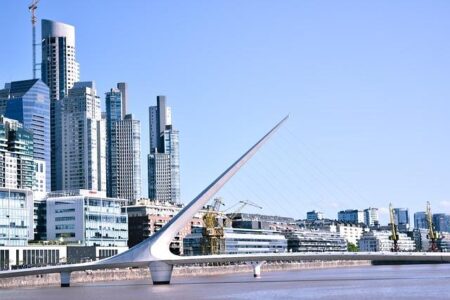Amidst soaring inflation and widespread economic hardship, Argentina is witnessing a striking paradox: a flourishing luxury market thriving under the presidency of Javier Milei. Bloomberg’s latest report uncovers how an ostentatious surge in high-end consumerism conceals the deepening financial struggles faced by the majority of Argentines. As upscale boutiques and luxury vehicles multiply in Buenos Aires, millions continue to grapple with unemployment, poverty, and a spiraling cost of living, revealing a nation sharply divided between conspicuous wealth and pervasive despair.
Luxury Spending Surge Conceals Widening Economic Inequality in Argentina
While Buenos Aires’ high-end boutiques and luxury car dealerships flourish, driven by the spending spree of Argentina’s elite, the economic reality for the majority of Argentinians could not be starker. Inflation continues to erode the purchasing power of average citizens, pushing millions into deeper poverty despite the apparent opulence on display in affluent neighborhoods. This stark contrast highlights the dual economic narrative under President Javier Milei’s administration: a booming luxury market caters to a wealthy few, while most Argentines grapple with soaring costs and stagnant wages.
Experts point to several factors fueling this divide:
- Currency instability: Encourages the rich to convert pesos into assets considered safe havens, including luxury real estate and premium goods.
- Limited social safety nets: Reduced public spending amplifies vulnerabilities among low- and middle-income groups.
- Investment skewed towards luxury sectors: High returns in luxury goods overshadow necessary infrastructure and social services.
| Economic Indicator | Change (Last Year) | Impact |
|---|---|---|
| Luxury Car Sales | +32% | Boost in elite consumption |
| Inflation Rate | +95% | Reduced purchasing power for masses |
| Poverty Rate | +5% | Widened social divide |
Milei’s Economic Policies Drive Wealth Concentration Amidst Growing Public Hardship
The sharp focus on market liberalization and drastic tax cuts under Milei’s administration has disproportionately benefited the country’s elite, consolidating wealth in the hands of a small minority. While Buenos Aires’ luxury districts brim with soaring penthouses and high-end boutiques, the majority of Argentines grapple with rising unemployment and the erosion of essential social services. Critics argue that deregulation policies, particularly in the financial and energy sectors, have accelerated speculative wealth accumulation, leaving public infrastructure chronically underfunded.
Data from recent economic reports reveal a stark disparity in income growth and access to basic goods:
- Top 10% incomes have surged by over 30% in the past year.
- Minimum wage adjustments lag behind inflation, barely covering rising food costs.
- Public health spending has declined by 12%, severely impacting rural communities.
| Sector | 2019 (% GDP) | 2023 (% GDP) | Change |
|---|---|---|---|
| Luxury Goods Market | 1.8% | 3.4% | +1.6% |
| Public Welfare | 5.5% | 4.3% | -1.2% |
| Jobless Benefits | 2.0% | 1.1% | -0.9% |
Addressing the Divide Experts Call for Inclusive Growth Strategies to Ease Social Tensions
Economic experts warn that Argentina’s current surge in luxury consumption, fueled by escalating wealth among a select few, conceals growing hardship faced by the majority. Analysts emphasize the urgent need for inclusive growth policies aimed at bridging the widening socioeconomic gap. Without strategic interventions, social tensions risk boiling over, potentially destabilizing the nation’s fragile political landscape. Community leaders and economists alike advocate for investment in education, healthcare, and job creation programs to create a more equitable environment where prosperity is not limited to elites but extends to everyday citizens.
Key proposals include:
- Progressive Taxation: Restructuring tax codes to ensure high earners contribute fairly.
- Small Business Support: Encouraging entrepreneurship through grants and low-interest loans.
- Rural Development Initiatives: Addressing disparities between urban luxury growth and rural poverty.
| Strategy | Primary Benefit | Expected Timeline |
|---|---|---|
| Progressive Taxation | Increased public revenue for social programs | 1-3 years |
| Small Business Grants | Boost in local employment rates | Immediate to 2 years |
| Rural Infrastructure | Reduced urban-rural economic gap | 3-5 years |
In Summary
As Argentina’s soaring luxury market captures global headlines, the stark contrast with widespread economic hardship paints a complex portrait of a nation divided. While opulent developments and affluent consumerism signal growth for some, millions of Argentines continue to grapple with inflation, unemployment, and social uncertainty. This duality underscores the challenges facing policymakers as they navigate a path toward inclusive recovery and long-term stability. The luxury boom, as reported by Bloomberg, serves as both a symbol of ambition and a reminder of the persistent disparities fueling Argentina’s ongoing struggle.




